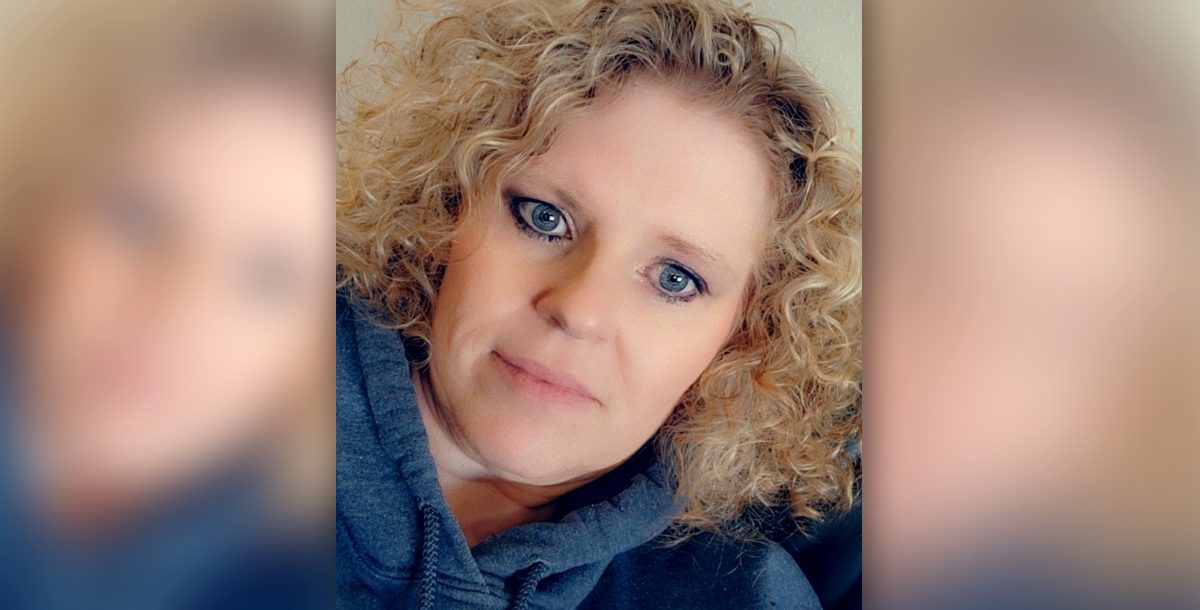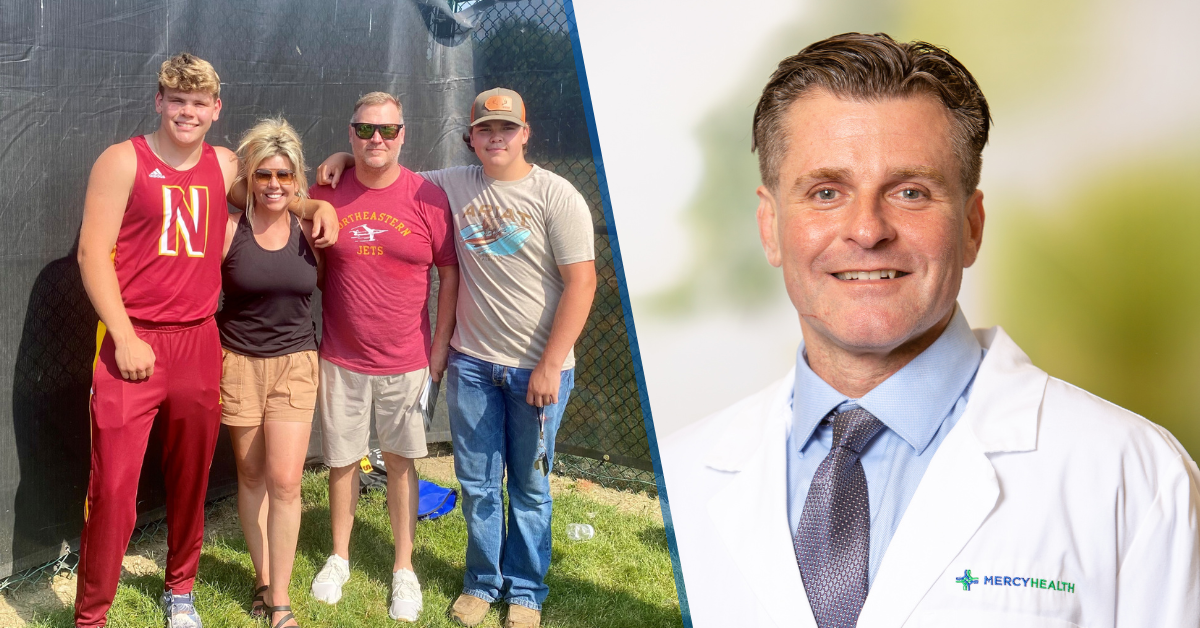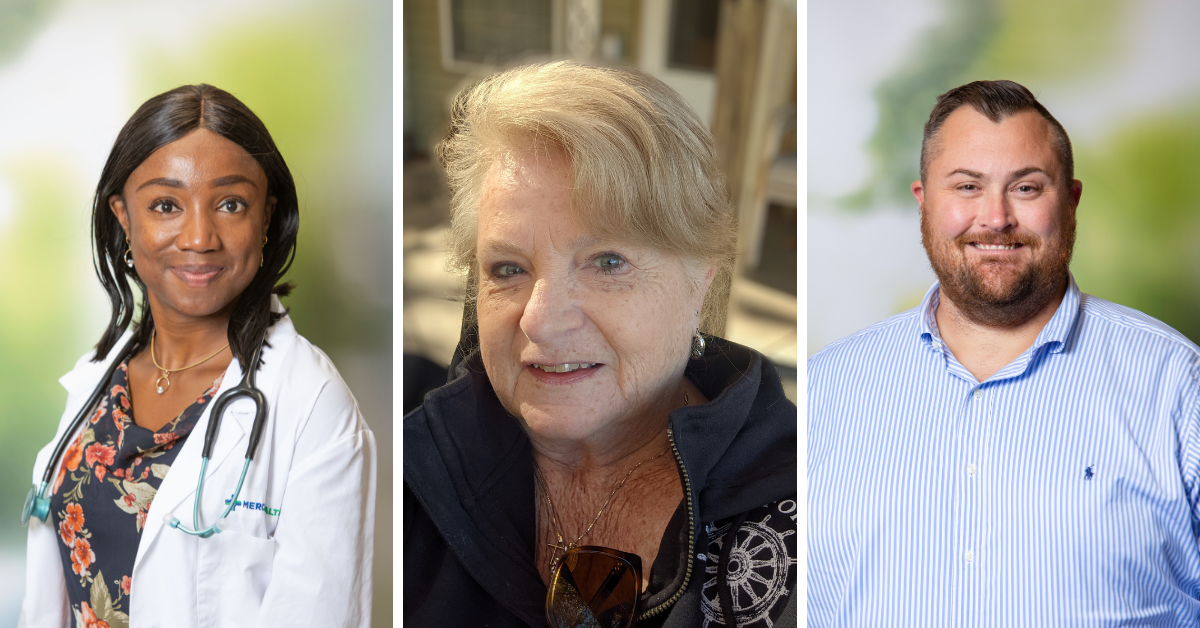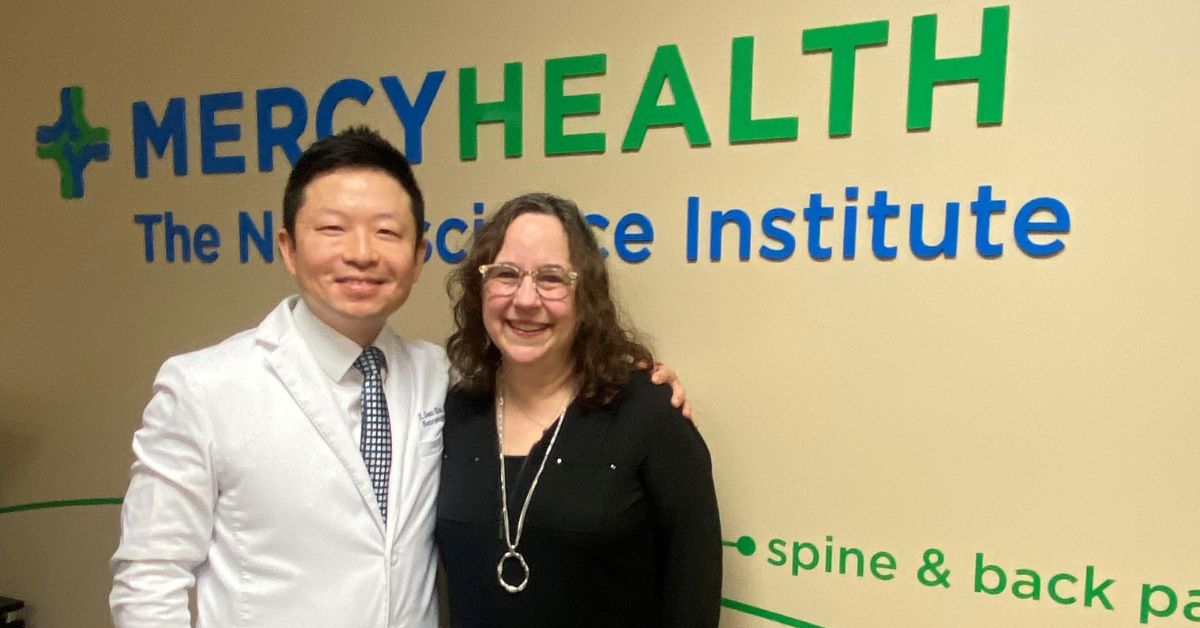“When I started nursing, I went straight into postpartum care and the nursery, and I found that breastfeeding education was something moms definitely needed,” Lori Moore, one of our registered nurses and international board certified lactation consultants (IBCLC), shares. “The longer I worked, the more I felt that we needed that. It doesn’t come as naturally as you think.”
Together with Natalie Orange, BSN, RNC-EFM, IBCLC, and Lauren Thompson, RN, certified lactation counselor (CLC), Lori is a member of the breastfeeding education team at Mercy Health – Lourdes Hospital.
“I love what I do,” Lori continues. “Being certified helps me in my job as postpartum nursery nurse and it gives me more education to help those moms who wanted to breastfeed and didn’t have any help or didn’t know enough about it to start successfully.”
She adds, “there’s so many facets to breastfeeding. When you go to help a mom who may be having issues breastfeeding, it could be that the baby has a tongue tie or that the baby is early and is not latching correctly. Sometimes, the baby is tired at the breast. Moms need encouragement. They think they are doing something wrong when baby doesn’t latch correctly, but if you can explain why it’s
happening, it lessens that bad feeling. You just want to cuddle those mamas.”
In addition to leading a breastfeeding class and helping with baby weight checks, Lori’s responsibilities include making sure the babies are eating and that their vital signs are in the normal range. She answers parents’ questions, encouraging them and giving them different ways to do things when breastfeeding isn’t going smoothly.
“Every baby is different,” Lori explains. “Those first 24 hours are so challenging, especially with a vaginal delivery, because the first feeding is likely to go well. Babies tend to be more alert then. After they eat that first time, they want to sleep for 12 hours, but mom is trying to feed every two hours. Then, there’s the second day challenges, what we call second night syndrome. Some babies will cluster feed as they try to catch up.”
Adjusting to having a baby and learning to breastfeed can worry moms, and Lori is happy to be able to put them at ease.
“I tell them how babies come from a place that’s warm where they don’t have to work for food. Sometimes, their crying is not about being fed. They want that attention and want to be held, skin to skin maybe,” Lori says. “For a baby, being born is like going to a foreign country where baby doesn’t know the language or where to go. It’s an eye-opener for me to be able to say that to moms.”
It’s important to remember that breastfeeding education doesn’t stop when mom and baby leave the hospital.
“Education goes on and on,” Lori shares. “It’s important through the whole breastfeeding journey. At three months, for example, some moms think they are starving their baby since the baby is cluster feeding. What’s happening is that the baby is getting mom’s milk ready for a growth spurt. If you have questions or don’t feel comfortable with what’s going on, come back. We can help you figure it out. We want you to bond with your baby, love your baby and love the experience as a breastfeeding mom.”
And that’s where the reward for her work comes in.
“I love seeing a mom be successful and proud of herself,” Lori says. “It’s not just about the baby – moms forget that. I am excited to see moms achieve their goals. I tell them, ‘Make the next feeding your goal. That way you achieve the goal you planned to go for.’ A mom needs that extra ‘attaboy.’”
This is Lori’s passion, and she doesn’t ever intend to stop working in breastfeeding education.
“I want to be in the same field when I retire. Breastfeeding education is my retirement plan when I step away from bedside nursing!”
Learn more about the maternity care and lactation services we provide at Mercy Health.






